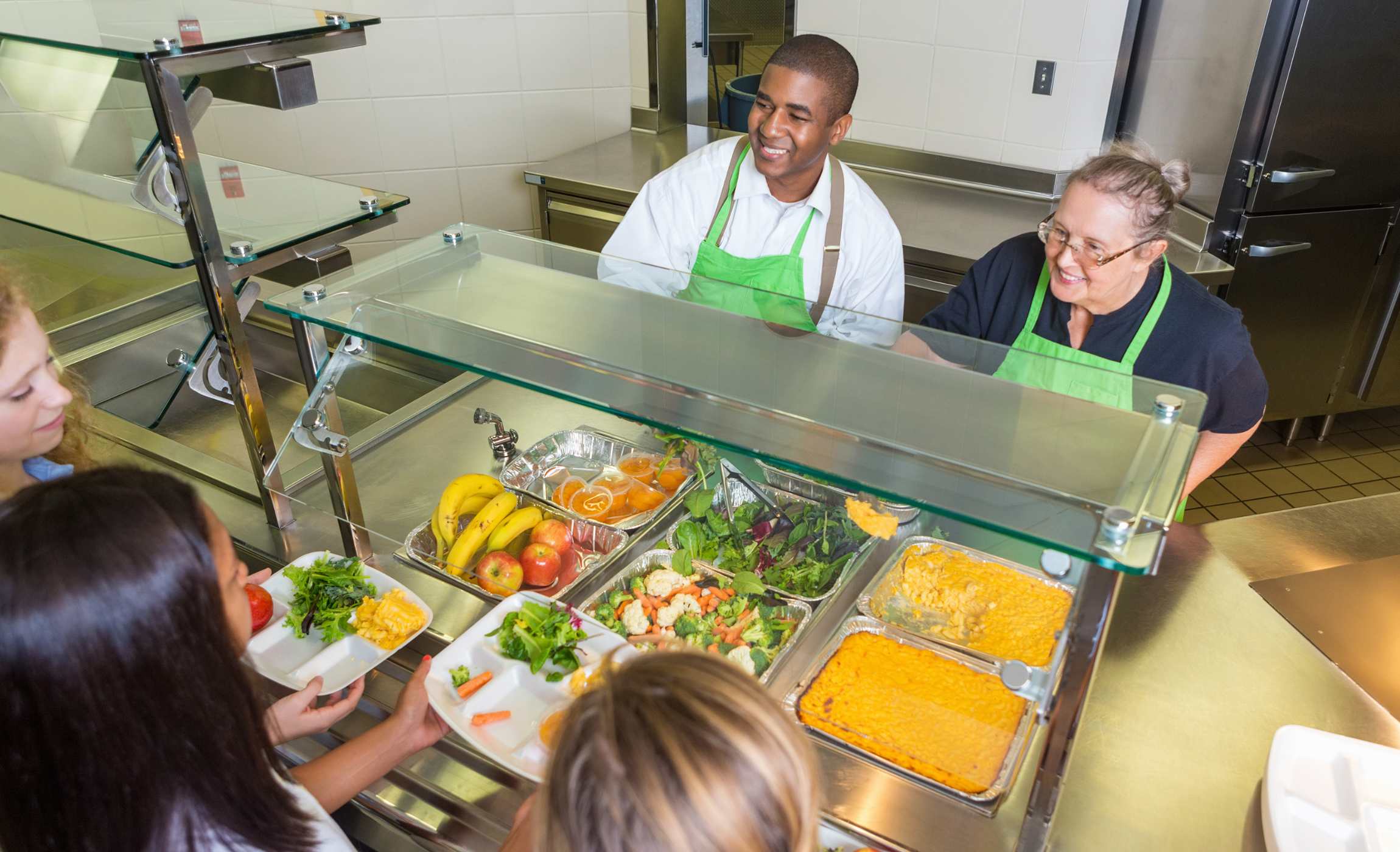Catholic students can now qualify for free breakfast, lunch
Catholic advocates for the poor and vulnerable are applauding a new state law that will extend New Jersey’s free breakfast and lunch program to 60,000 more children who attend public, and for the first time, private schools.
In September, as the federal pandemic student lunch and breakfast program ended, New Jersey expanded its program by increasing the eligibility to families who earn 200% of the federal poverty level. The new law signed by Gov. Phil Murphy on Tuesday, Jan. 16, which is called the Working Class Families’ Anti-Hunger Act, expands the eligibility requirements even further. The act will now include families who have an annual household income of up to 224% of the federal poverty level. That translates to just under $56,000 for a family of three or $67,200 for a family of four. The previous threshold was $59,700 for a family of four.
“Access to nutritious food is a basic necessity for our kids,” Murphy said. “We have made great strides in our fight against food insecurity, working together with those on the front lines to ensure our most vulnerable community members have access to a warm meal and empowering our schools to meet the needs of their students. Expanding student eligibility under the Working Class Families Anti-Hunger Act will provide more of New Jersey’s young learners with a free school lunch and breakfast so that they can go to class ready to learn, rather than wondering where their next meal will come from.
Following Murphy’s signing of the bill, New Jersey Catholic Conference Executive Director James J. King told Jersey Catholic: “We are happy the governor signed this bill and that now more children will have easier access to nutritious and healthy food options, which is a critical component in their overall health, learning, and development.”
On Friday, Jan. 12, King wrote to Murphy on behalf of the New Jersey Catholic Conference, and the four million registered Catholics in New Jersey, urging that he sign the bill into law.
“One of the Catholic Church’s priorities is a ‘preferential’ care for the poor and vulnerable,” King wrote. “Collectively, society must work together to implement laws and policies intended to eliminate barriers that prevent people living in poverty from obtaining basic needs, such as healthy food, affordable housing, and quality health care. Without these basic needs, it is nearly impossible to flourish and live a life of dignity, to which, as children of God, all persons are entitled.”
About 421,000 students in New Jersey will be entitled to free lunches and breakfasts for the 2024-25 school year.
“Food is a basic need that, when met, sets up our students for success,” said Senator Shirley Turner. “However, many families are living paycheck to paycheck and cannot afford to pay for school meals every day. A hungry student is distracted, irritable, and unenergetic, and no child wondering where their next meal will come from is engaged with learning. Increasing access to free school meals is the best way to keep our students nourished and focused on academics.”
Co-sponsor and Senate Majority Leader M. Teresa Ruiz said9% of children in New Jersey live in homes without consistent access to adequate food for everyone to live healthy, active lives. In addition, 17% of Blacks and Hispanics in New Jersey are food insecure.
“No student should be worried about where their next meal will be. I’m grateful to have a partner like Assembly Speaker [Craig J.] Coughlin [sponsor] this endeavor and a governor who is always willing to sign laws that create real, tangible solutions for New Jersey’s families,” Ruiz said.
All school districts will be required to provide a free school breakfast and lunch program and publicize its availability to their families.
The cost of the expansion will be $57 million.
The bill would also require the creation of a task force that would study school food security issues and recommend state- and federal-level action.
There has been a push for free meals for all New Jersey students regardless of whether students are federally eligible for free or reduced-price meals. However, a bill introduced in 2022 by Turner requiring New Jersey schools to provide free meals to all students would need to be reintroduced.
Nine states have created universal free lunch programs, and another 24 states have bills pending.



